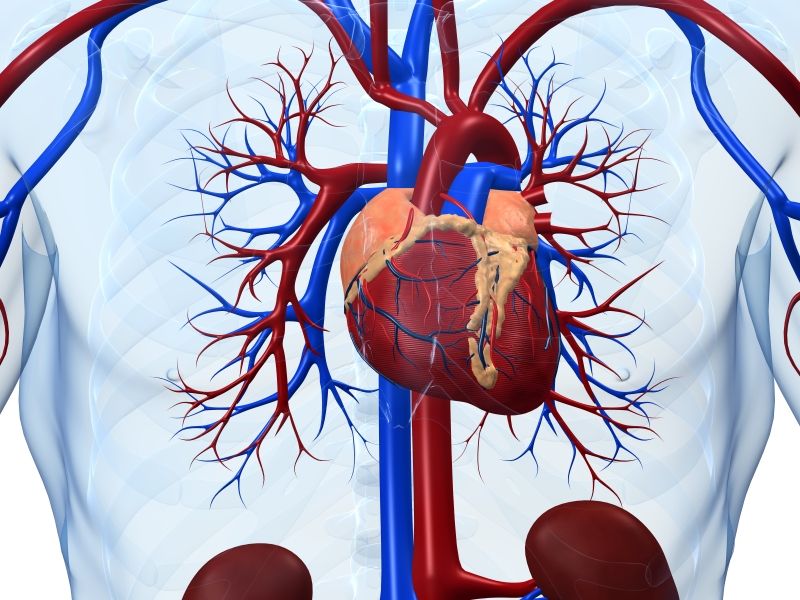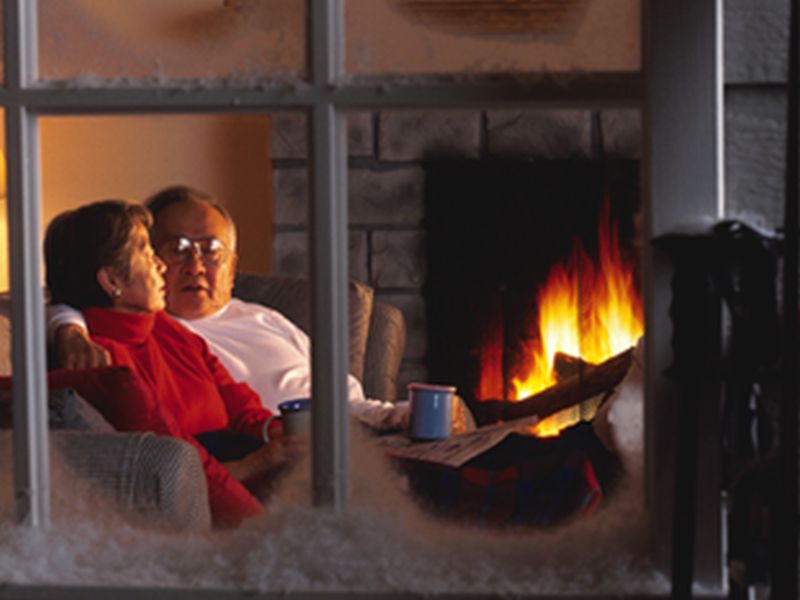
Humidity doesn’t hinder the ability of flu viruses to infect people, claims a new study that challenges a long-held belief that the viruses become less active in moist conditions. The researchers found that mucus and other airway secretions expelled during coughs or sneezes protect flu viruses when they’re airborne, regardless of humidity levels. The findings… read on >






























